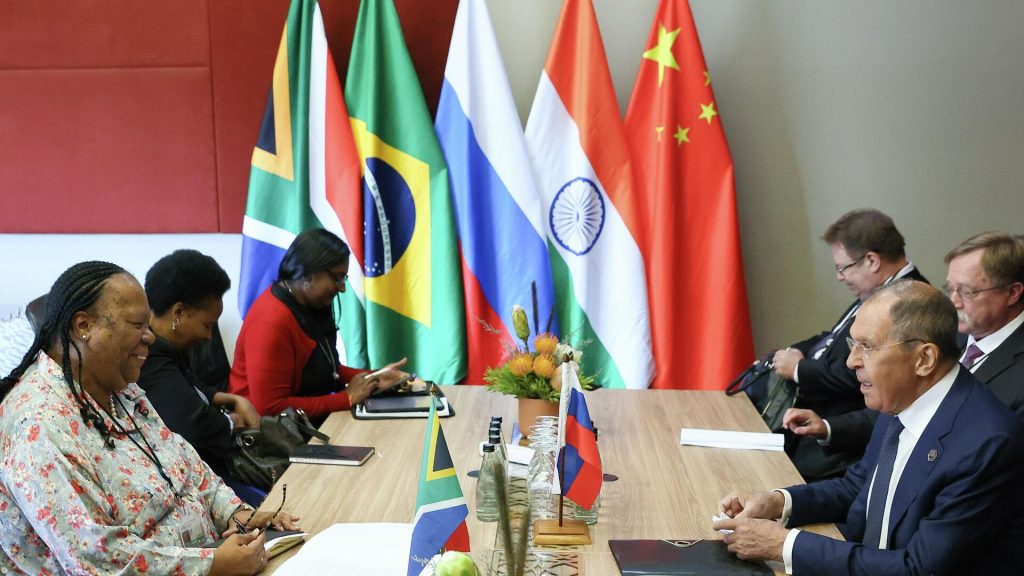
In a move that could redefine the global economic order, the BRICS alliance—comprising Brazil, Russia, India, China, and South Africa—is setting its sights on becoming a more dominant force akin to the G20. According to officials and experts familiar with the bloc’s strategic ambitions, BRICS is aiming to expand its influence on global governance, economic policymaking, and international trade.
A Growing Coalition
The BRICS nations, collectively representing over 40% of the world’s population and approximately a quarter of global GDP, have increasingly positioned themselves as a counterbalance to Western-dominated institutions like the G7 and the International Monetary Fund (IMF). Recent summits have underscored the bloc’s commitment to enhancing its economic and political cooperation.
In August 2023, the group made a historic move by inviting six new members—Argentina, Egypt, Ethiopia, Iran, Saudi Arabia, and the United Arab Emirates—to join its ranks. The expansion, which will take effect in 2024, signals a broader agenda to bring together emerging economies from diverse regions under a unified platform.
The G20 Parallel
Officials within BRICS argue that the bloc has the potential to function as a “G20 equivalent” by providing a forum where developing nations can discuss and advocate for their interests. Unlike the G20, which includes a mix of advanced and emerging economies, BRICS primarily focuses on fostering South-South cooperation.
“The G20 has often been criticized for being disproportionately influenced by Western nations,” said a senior Indian official who attended the latest BRICS summit. “Our aim is not to replace the G20 but to complement it with a more inclusive approach that reflects the aspirations of the Global South.”
Economic and Geopolitical Implications
The bloc’s growing ambition has raised questions about its ability to coordinate effectively on key issues such as trade, climate change, and technology. While member nations share a common interest in challenging Western hegemony, their differing economic models and geopolitical priorities often present hurdles to unified action.
For instance, India and China have longstanding border disputes, while Russia’s international isolation due to the Ukraine conflict has complicated its economic partnerships. Despite these challenges, BRICS has made strides in promoting alternative financial systems, including the establishment of the New Development Bank (NDB), which aims to reduce dependency on the US dollar in international trade.
Read This : Cetoex Made Easy 8-Step Guide to Buying Crypto.
The Road Ahead
Experts believe that BRICS’ ability to rival the G20 will depend on its success in fostering economic integration among its members and effectively managing internal differences. The bloc’s focus on expanding its membership and enhancing its institutional capacity could pave the way for a more balanced global order.
“BRICS has the potential to become a formidable force in global governance, but it needs to move beyond rhetoric and deliver tangible outcomes,” said Dr. Maria Silva, a professor of international relations at the University of São Paulo. “If it can achieve this, it could set a new standard for multilateral cooperation.”
As the alliance gears up for its expanded role in 2024, all eyes will be on its ability to translate its ambitious vision into concrete actions, shaping the future of global diplomacy and economic collaboration.